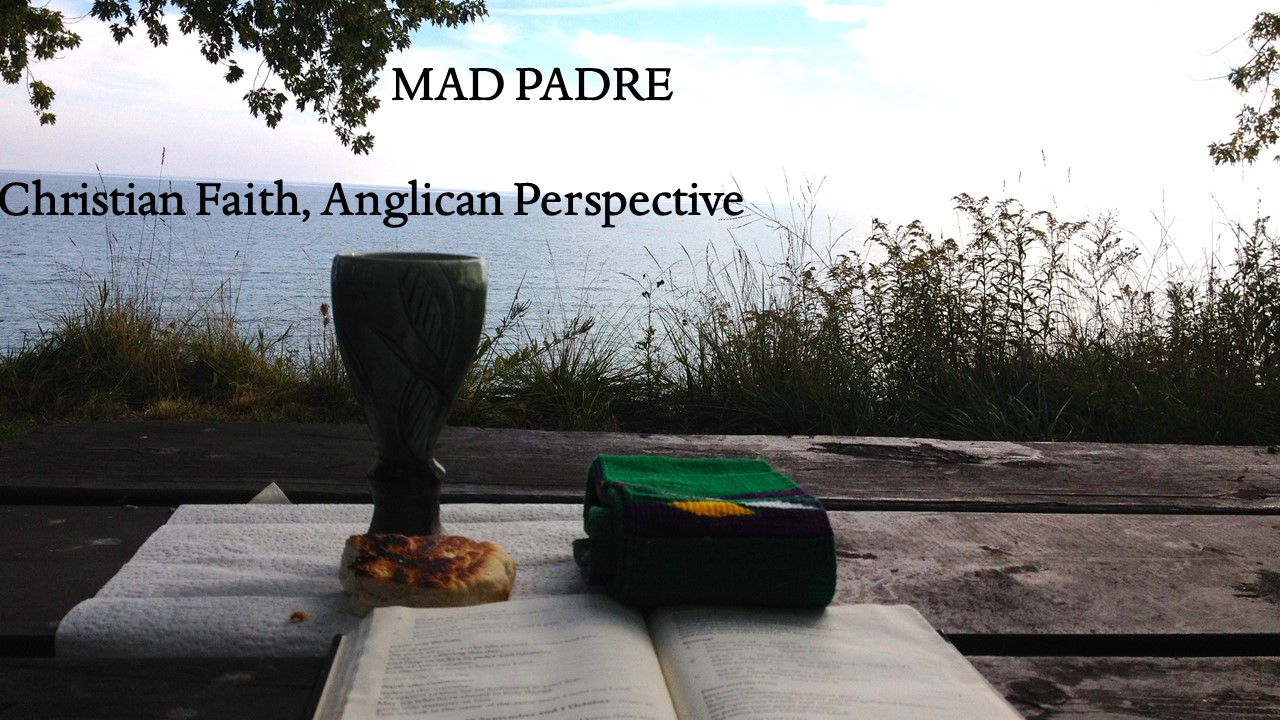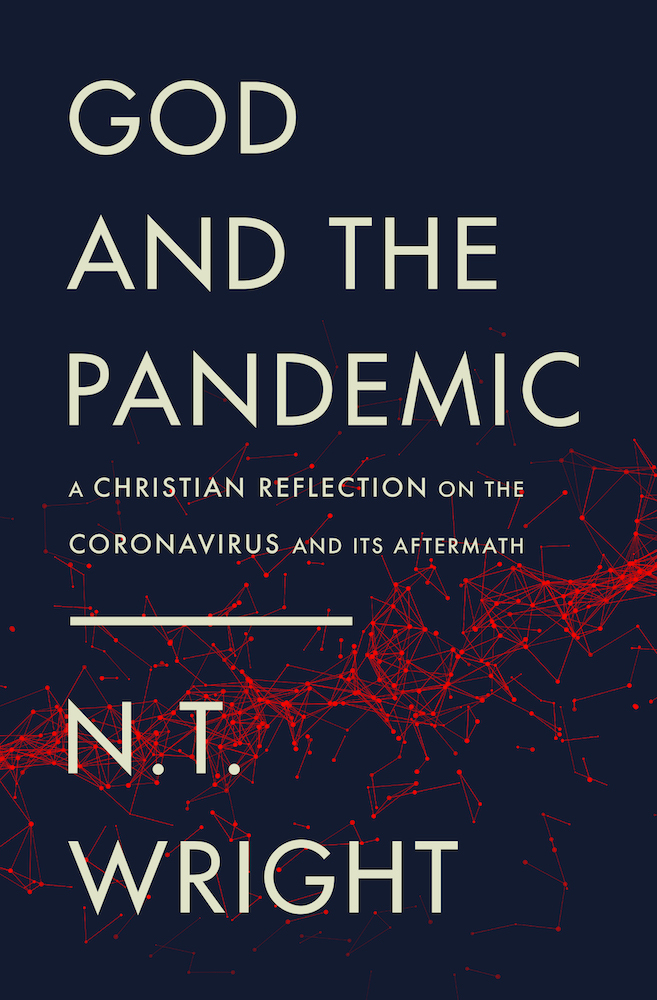Preached
at All Saints Church, King City, Ontario, Anglican Diocese of Toronto.
Readings
for this Sunday, the First Sunday of Advent:
Isaiah 64.1-9, Psalm 80.1.7,7-19, 1 Corinthians 1,3-9, Mark 13.24-37,
"And what I say to you I say to all: Keep awake.” (Mk 13.37)
“Keep
awake” says Jesus, and it might be puzzling advice to those of us who have roused
ourselves and made our way to this church.
We may not all be scrubbed and pressed and starched (honestly, I wouldn’t
blame you if you rolled in here in sweats or PJs) but hopefully we’ve all had a
hot caffeinated beverage and are ready to face the day.
And yet
here we are, being told to keep awake.
We’ve heard these words before, quite recently. The gospel for the second Sunday of this
November was from Matthew (25.1-13), the parable of the bridesmaids roused in
the night by the unexpected arrival of the bridegroom, which ends with Jesus’
warning, “Keep awake therefore, for you know neither the
day nor the hour” (Mt 25.13).
What is
the risk in falling asleep? Why does
Jesus insist on our wakefulness? Jesus
was warning the disciples that the future was unknown to them, that they would
miss some profound truth about him if they drifted into inattention and slumber,
and this was exactly what happened. We
merely have to turn the page in our bible and such is Mark’s fast-paced gospel
that we find ourselves in chapter 14, and Jesus is in Gethsemane with his
disciples, the night of his arrest.
“Keep
awake”, Jesus tells them, not once but twice (Mk 14.33, 14.38). Even after swearing that they will stand by
Jesus and die to defend him, the disciples drift off. It’s almost as if the Garden is enchanted with
some spell of slumber that overcomes them.
Jesus does not ask them to stay awake for a third time. It’s too late. The soldiers come with weapons. The disciples run away. Darkness seems to have won.
Perhaps it
just wasn’t possible for the disciples to stay awake. The gift of wakefulness hadn’t been given to
them yet. What do I mean by “gift of
wakefulness?”
Mark’s
chapter 13 is sometimes called the “the little apocalypse”. It begins with the disciples oohing and
aahing over the grandeur of the Temple of Jerusalem, leading Jesus to predict
its destruction (Mk 1-2). Naturally the
disciples want to know when all this will be (Mk 3), and Jesus predicts a whole
series of terrible events, calamities, and false prophets, but none of these
will be predictive of anything (Mk 13).
The only sign that will mean anything, Jesus says, is his coming, “the
Son of Man coming in clouds with great power and glory” (Mk 26).
Note how
the Son of Man comes in a time of darkness:
“the sun will be darkened, and the moon will not give its light, and the
stars will be falling from heaven” (Mk 13.24), and yet “they will see him
coming in clouds with great power and glory” (Mk 13.26) so how will anyone see him? The only answer is that Jesus will be seen
in and by his own light.. This idea
is fully developed at the end of the Book of Revelation, when John tells us
that the New Jerusalem will have no need of “sun or moon to shine on it, for
the glory of the God is its light, and its lamp is the lamb” (Rev 21.23).
Last
Monday our bible study group finished the Book of Revelation, and we were
reminded that despite its strange events and mixed reputation, the book is
properly called the Revelation of Jesus Christ. Its subject is Jesus, the fully revealed Son
of God, the one who conquers the powers of evil and death in the name of God
the Father, the Alpha and Omega who lives outside of history. The poor disciples never had a chance to stay
awake in the garden because they were on the wrong side of the resurrection,
with only a partial understanding of who Jesus was or what he meant to do. The gift of wakefulness is thus the
revelation of Christ crucified and resurrected, the one whose own light and
life banishes the darkness of sin and death.
We are, to paraphrase J.S. Bach, as sleepers awakened by the light ofChrist.
We, the
church, live on the right side of the resurrection. We know who Jesus is. We know because as church we are fed by
scripture and the by the body and blood of Christ in the eucharist. As church we live in a community formed by
the Holy Spirit. As church our values,
habits, and actions are guided by our understanding as disciples of the kingdom
of God. As church we look around and realize
that we have at least one foot in a new world, the world that the resurrected
Christ proclaims when he says at the end of Revelation, “Behold, I make all
things new” (Rev 21.5). As church our
posture is wide awake, upright, straining forward to better see and grasp that
new creation; as the Anglican theologian John Webster said, the church reaches
out toward the miracle of Christ.
“And what I say to you I say to all: Keep awake.” I asked earlier, what is the danger if we fall asleep? The danger is forgetfulness. In the ancient idea of the underworld, one of the rivers that the dead crossed was called “Lethe”, named for the goddess of sleep and forgetfulness. Sleep for the church means forgetting who Jesus is. Sleep takes us out of the new creation and out of the light of Christ. Sleep puts us back in the garden, where we are like people who are medicated, not knowing who we are and what we are about. In sleep we are prey to the dreams, and nightmares, that our culture might send us, and as Shakespeare’s Hamlet says, in the sleep of death, what dreams may come? In sleep we are off our feet, unable to reach for the miracle of Christ, and so we settle instead for the worldly dreams, or nightmares that obsess and torment our human culture.
“And what I say to you I say to all: Keep awake.” What provisions do we need for this long
watch, this time of waiting? Some might
say we’re tired, we’re old, there aren’t as many of us as there used to be. Some might say there’s this virus, Christmas
won’t be the same, church isn’t the same.
My friends, we have all that we need.
Writing to the church in Corinth, we hear St. Paul tell them that “you are not lacking in any spiritual gift as you
wait for the revealing of our Lord Jesus Christ”. Like those long-ago saints in Corinth, we
have light, we have hope, we have a God who is faithful in all things. We have all that we need.
“And what I say to you I say to all: Keep awake.” We light candles one by one, week by week, to show our
wakefulness and our anticipation. We
make ourselves ready for the guest who is at our very gates, the king who will come
to the stable. Today, at the start of
Advent, we are awake and on our feet, so that we too can reach out for the miracle
of Christ.




